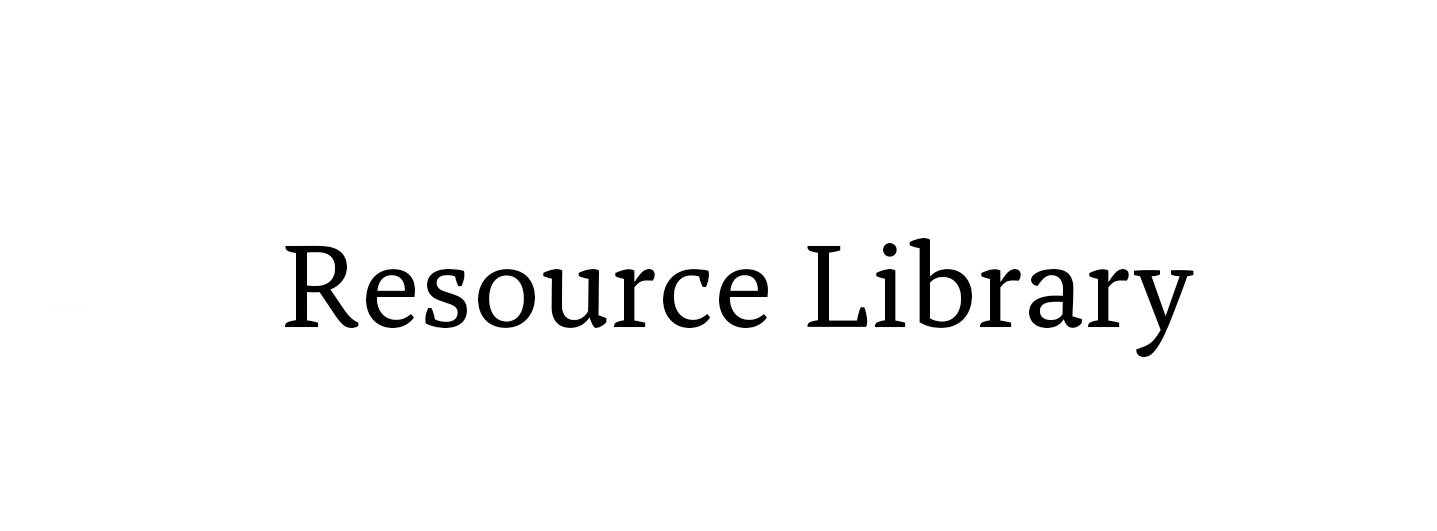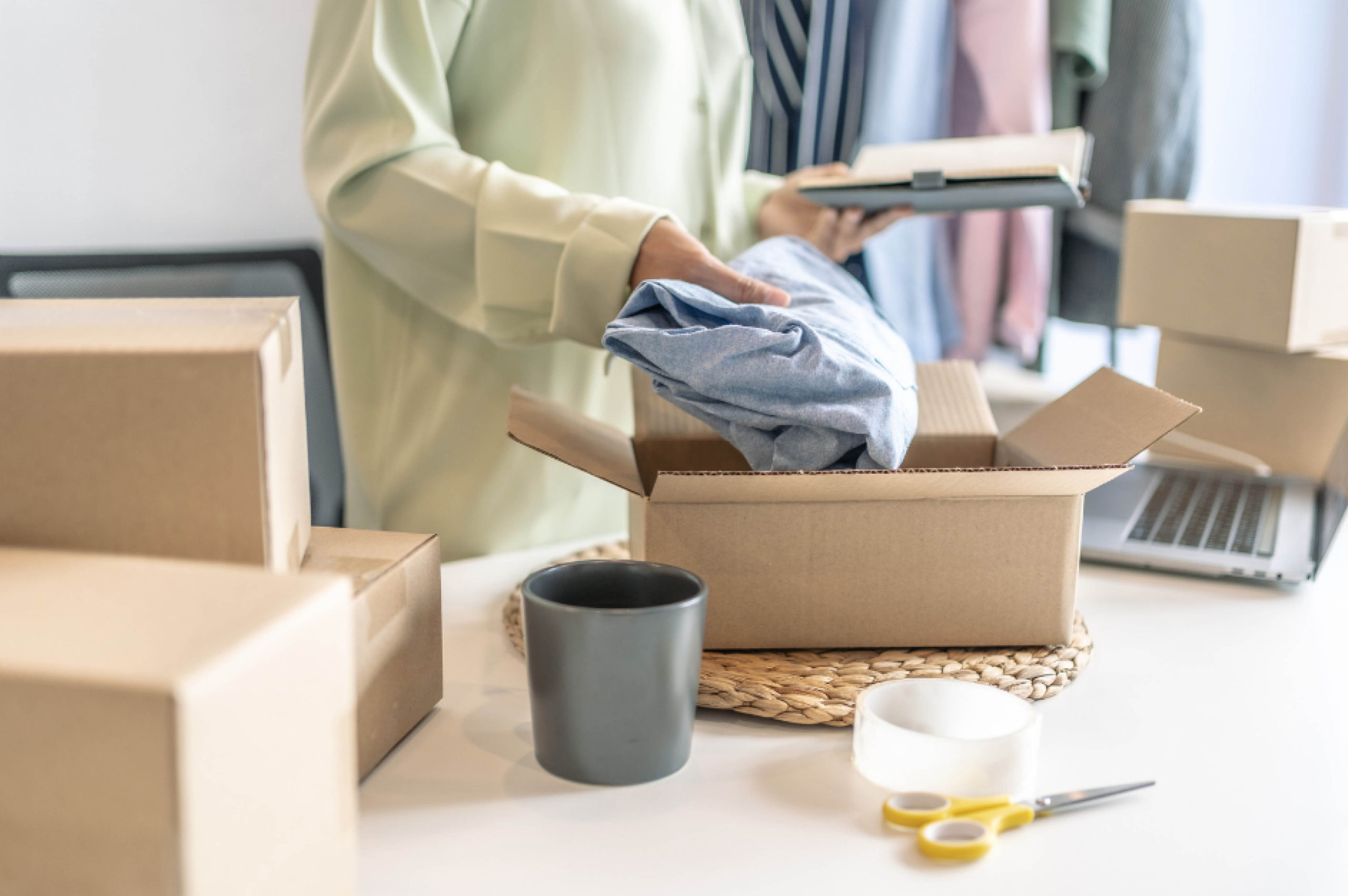“The average U.S. household has 300,000 things, from paper clips to ironing boards.” said professional organizer Regina Lark to the LA times.
From a closet filled with clothes from past family events to a garage full of lawn equipment and stacks of tools, older adults’ homes can be filled to the brim with just too much stuff. The clutter may go unnoticed for years because of its nostalgic value but once its impact is noticed, it can have already left its mark on the mental and physical wellbeing of aging adults.
Fortunately, more and more studies have shown the benefits of decluttering our lives as we age. Instead of keeping our clutter based on sentimental value and acquiring more things, embracing a more minimalist lifestyle can be the answer to living healthier, happier, and more fulfilling lives.
What is Minimalism?
Minimalism is not simply about throwing things out. It’s about seeking to make space for the things that bring us joy and increase our knowledge of what brings value into our lives. For older adults, their minimalism adventure will be defined by EMBRACING what they REALLY care about at this point in their lives. This means that they’ll find more meaning and purpose by simply decluttering a space, throwing things out, downsizing a home, or completely changing a lifestyle.
For example, one couple in retirement went from living in a 4 bedroom home to embracing a simpler lifestyle and living in a one bedroom apartment. Yes, they have less things and have had to stick to more basic pieces of furniture, but they are much happier because their finances are easier to manage, and they have the freedom and space they need to explore their community. They no longer have to put all their energy into material goods.
Besides the example, many other older adults who practice minimalism have noticed an increase in their overall happiness in their life because they have less clutter obscuring the things they value. Minimalism allows them to make better choices about the way they will spend their time and money when their perspective shifts from immediate gratification to overall life satisfaction. Decluttering and downsizing our lives can feel difficult and overwhelming, especially as older adults with many possessions, but the benefits far outweigh the initial stress we might feel.
Benefits of Minimalism
By living simply, many joys and freedoms will start to fill the spaces that we created by decluttering and downsizing. Benefits of minimalism are numerous but below are some of the most powerful benefits.
We should declutter and downsize as we age:
Improve Health – Both Physical and Mental
- Prevent fall risks. By decluttering, we lessen the burden on movement in our spaces and give ourselves peace of mind while navigating our houses. Having space with less stairs or levels to traverse can help with ease of movement.
- Decrease stress levels. There will be less for us to think about by having a tidier home or a smaller space. Our productivity and working memory will be better because there will be less distractions with a clutter-free place.
- Improve Sleep. Sleeping can even be impacted because we will think about the messes or clutter we have around the house. Downsizing your house means it is easier to keep clean because you only have the essentials.
- Ease physical strain. Cleaning a space can put unnecessary strain on aging bodies and take us longer to finish tasks. When we have less to clean or maintain, we have more time to focus on tasks that make our aging bodies healthy and strong.
More Freedoms
- Increase personal time. Cleaning or organizing large spaces or lots of objects can cost us valuable time and money. By having only the essential things in our lives, we can increase the time we have for things that bring us joy like visiting with friends or family or cooking a nutritious meal.
- Improve finances. Focusing on the things that we need in life can actually improve how and when we consume. With improved health, we are less likely to engage in online shopping and that need for instant gratification. With minimalism there is an increase in mindful spending.
Better Purpose
- Scheduling with intention. When our spaces are free of clutter this can also lead to the decluttering of our schedules. We take a look at what are the more important tasks in our days and weeks. We create time for the things that are more meaningful for ourselves and let go of the tasks that create added stress. Our passions can become our focus.
- Shift in focus from what others have to the abundance we have in our own lives. By living with less, we can let go of the need to “keep up with the Joneses”. We can look around at all of our possessions and activities knowing that each was chosen with a purpose behind it. We won’t have the need to look at what others have and compare ourselves to them.
Embracing Minimalism
Remember: we aren’t talking about taking our homes down to sparse white walls and only a select few objects, the purpose is to have our home and life filled with items and activities that bring us joy but allow us to be mindful. We will want to make these changes over time and not try to complete it all at once. Minimalism is living life with intention and intentionally living is the way we should be living out our years as older adults.
Additional Resources:
How decluttering your space could make you healthier and happier – Mayo Clinic
Refashioning One’s Place in Time: Stories of Household Downsizing in Later Life




